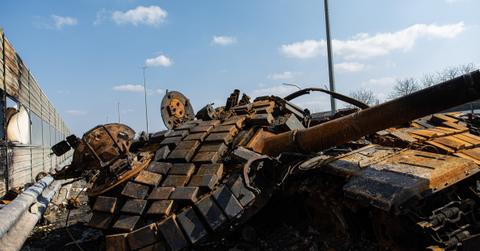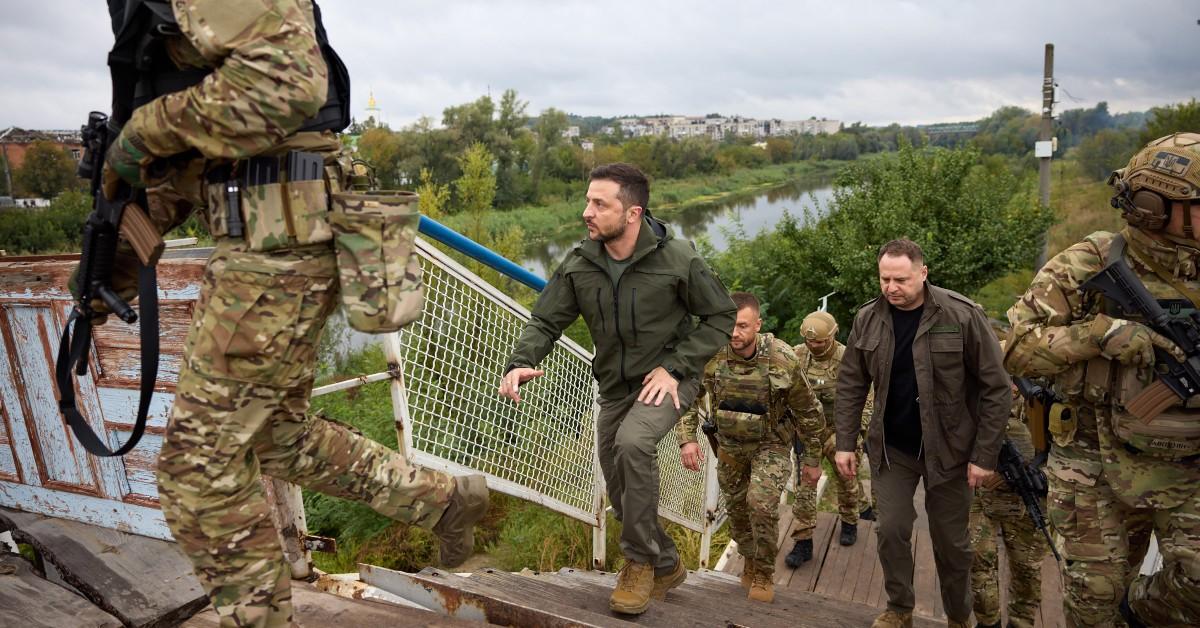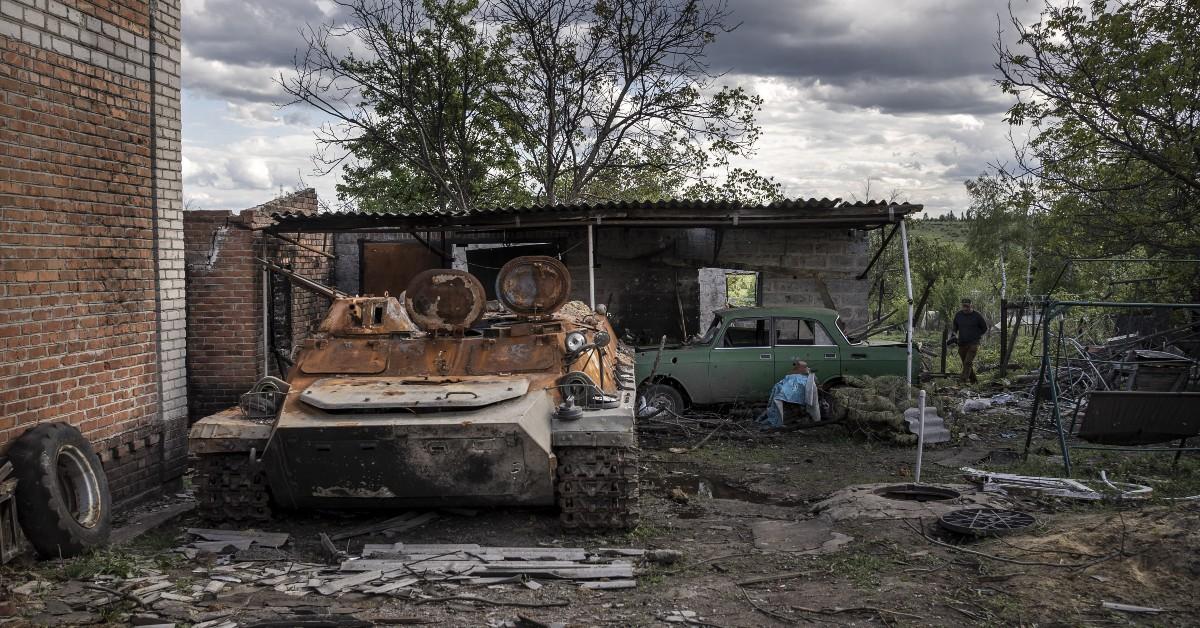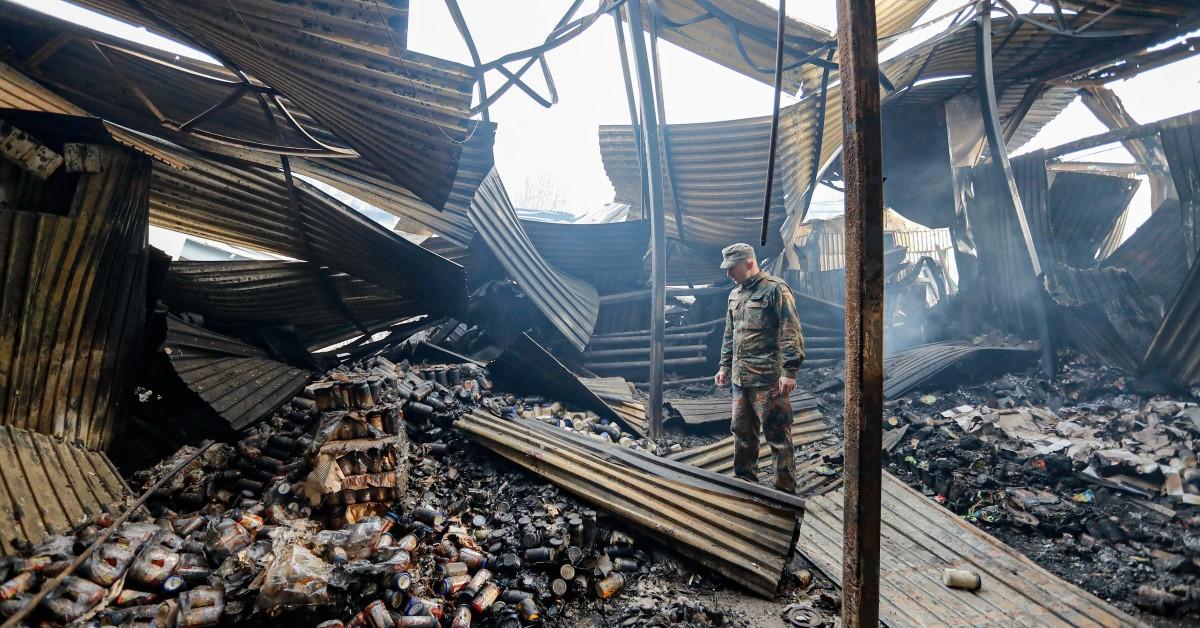Russia Says U.S. Would Cross 'Red Line' If It Sends Longer-Range Missiles To Ukraine

Russian tank.
Sept. 15 2022, Published 10:28 a.m. ET
Russia has issued a stark warning to the United States, Radar has learned.
Russia Foreign Ministry spokeswoman Maria Zakharova said the U.S. would cross a "red line" and become "a party to the conflict" in Ukraine if it supplies Kyiv with longer-range missiles. Zakharova added that Russia "reserves the right to defend its territory."
The United States has been open about giving Ukraine advanced GMLRS rockets, shot out from HIMARS launchers, that can strike targets up to approximately 50 miles away.

"If Washington decides to supply longer-range missiles to Kyiv, then it will be crossing a red line, and will become a direct party to the conflict," Zakharova said.
Russia's warning comes as Ukraine has been making progress in pushing the aggressors out of key parts of the country. The United States has said Ukraine has promised not to use the provided rockets to strike Russia.
HIMARS launchers also are capable of firing off longer-range AtACMs tactical missiles, which have a range up to approximately 186 miles. According to Reuters, a Ukrainian official declined to say whether or not Kyiv had ATACMS on Aug. 19.

An attack on Russian a Russia air base at Saky, which is more than 120 miles from the nearest Ukrainian-controlled territory on the Crimean Peninsula, is still in question. Russia took over that territory in 2014 and considers it part of its empire.
The United States has provided plenty of weapons and aid to Ukraine since Russia's invasion began Feb. 24. Russia has insisted that it sent troops to Ukraine to defend against Western aggression, though Kyiv and its Western allies have refuted that argument, claiming that Russia is enacting an imperial-style war of aggression.

The Russians' warning came as China President Xi Jinping met with Russia President Vladimir Putin on Sept. 15. According to Reuters, Xi expressed concerns about the situation in Ukraine, though Putin praised the Chinese leader for what he called a "balanced" position on the conflict.




